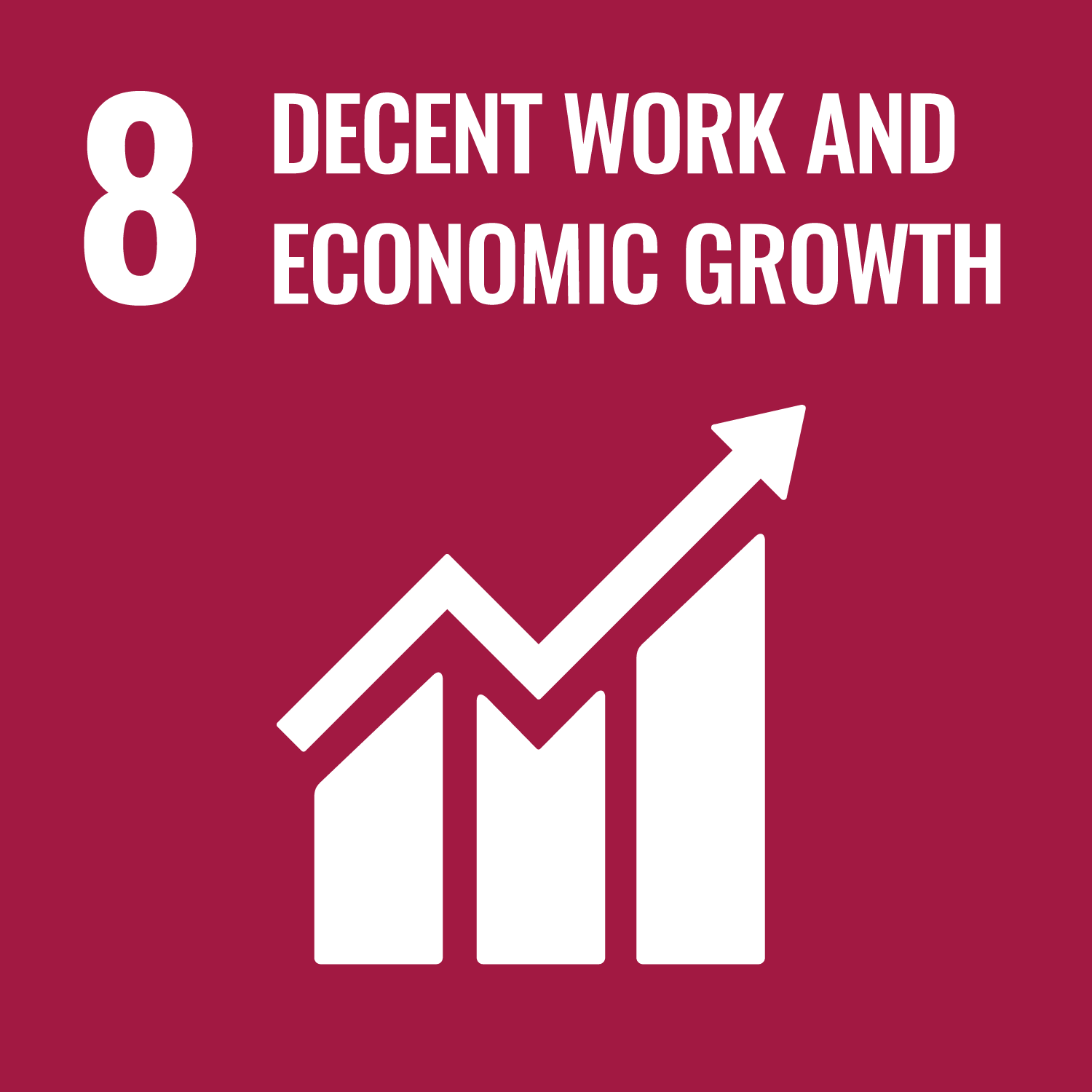UN's SDG

As a company how do you work with the UN's Sustainable Development Goals?
Renable was born with the UN's Sustainable Development Goals as an integrated part of the basis of ideas. We are aware that the starting point for many of the UN's Sustainable Development Goals is the improvement of living standards for those people on this planet who are worst off. However, this does not mean that we cannot work in a targeted manner with those Sustainable Development Goals that are relevant for us, within our specific Danish and European context.

GOAL 5 GENDER EQUALITY
We harbour no, and tolerate no, discrimination on the basis of gender (nor on the basis of other factors, such as ethnicity, race, religion, sexuality.) We work from the notion that diversity is a strength, and we actively seek to include as many different views and starting points as possible. Our internal focus is that employees of Renable are judged solely on the basis of qualifications in relation to the job at hand. As a company, we wish to promote a working environment in which everyone feels safe and well in showing up for work and in leaving for home. In working with the entire value chain, we also have a preference for companies that work actively with equality along the same lines as our own policies.
GOAL 8 DECENT WORK AND ECONOMIC GROWTH

The dismantling of vessels frequently takes place in dubious circumstances. Our process deliberately aims at sending the work of dismantling and recycling to those places where it can be undertaken under the best possible circumstances, with the highest possible transparency, because only in this manner can we reduce - and ultimately completely avoid - those dubious circumstances. To begin with, we focus on EU-flagged vessels, and thus on using EU-approved facilities. We will ensure that both internal and external jobs in connection with our activities are decent in every way. In this way, we create good jobs, which in addition contribute towards creating economic growth, both by keeping the work of dismantling and recycling local, and through the derived effects on local communities. Further, in using AI and track & trace we are creating a technological breakthrough that will ensure higher productivity.

GOAL 9 INDUSTRY, INNOVATION AND INFRASTRUCTURE
Here, the target of fostering a sustainable industry is particularly relevant. Our process will contribute to a significant reduction of emissions from dismantling and recycling of materials from vessels, while at the same time making the process less costly, more transparent, more measurable and enhancing the security of supply. One of Renable's purposes is to allow the maritime industry the possibility of changing the perception of ship dismantling from something negative to something positive. This will happen by investing in innovation and creating a sustainable industry, exclusively employing sustainable solutions in every step. Moreover, our commercial and digital approach to the process is highly innovative, and we will maintain a high level of both technical and commercial innovation throughout our activities.
GOAL 12 RESPONSIBLE CONSUMPTION AND PRODUCTION
Together with Goal 13 (Climate Action) this is the most relevant Sustainable Development Goal for us. When vessels near their end of life, they must to the greatest extent possible enter the circular economy. Renable's focus is on circular economy, and therefore on an optimisation of the recycling of materials and the reduction of waste, leading to improved protection of our common resources. Our process will contribute to a significant increase in the recycling of the materials that ships are made of, so the world can increase the reuse percentage of al materials from the current 10%. The end goal is that all materials that are not directly consumed in the process can and must be recycled.


GOAL 13 CLIMATE ACTION
The dismantling and recycling of vessels are activities which today emit very significant volumes of greenhouse gases. Renable's holistic, AI-optimised, track & traced processes, coupled with our strong focus on the use of least-emitting technologies, will reduce the emission of greenhouse gases from these activities significantly. We initially aim to reduce the emissions by 35% compared to today's standard, with an end goal of reducing emissions by 90+% when the steel mills have converted their process to hydrogen. By using innovative commercial models, the entire value chain will be incentivised to reduce emissions of greenhouse gases.
